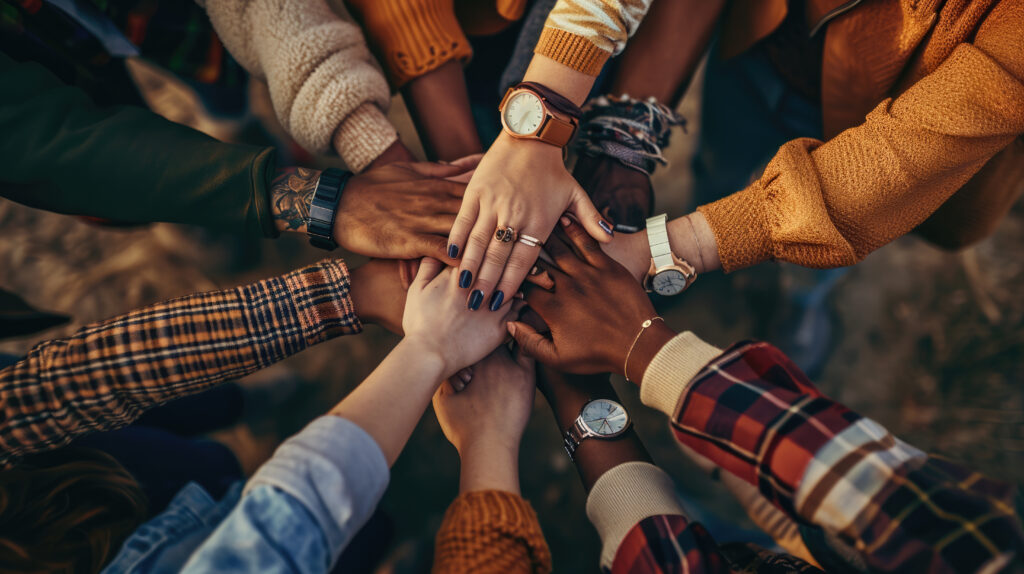Ensuring the safety of interviewees is a top priority for this project. All interviewees will be fully informed about the oral history process and given control over how they want their stories/information to be preserved and accessed. For interviewees who wish to keep their stories and information confidential, the FECOHP is taking the following measures. NOTE: these protocols might be updated and/or refined.
Requests for complete total confidentiality
In cases where this is requested by interviewees, project leadership and oral historians will advise interviewees that a complete embargo of the oral history – for a period set by the interviewee – would be the best possible approach. Interviewees would also be informed that while the stories are embargoed, they are still subject to subpoena.
Secure interview options
Interviewees will be given two secure interview options. The first is one of the most secure: interviewing in person using a digital recorder. Unlike online interviews that are conducted through a meeting application such as Microsoft Teams, in-person interviews are not subject to online breaches from outside parties. If an in-person interview is not possible, the second option will be to conduct the interview online. Here, FECOHP will use the HIPAA-compliant version of Zoom and all recordings will be immediately stored to a local hard drive that is not connected to the internet. All requests for secure interviews will be conducted by the Project Director, or by one of the two Contract Oral Historians.
Transcription
All interviewees requesting security measures will have their interviews transcribed on an non-networked computer at OAH headquarters. The OAH has three computers, with transcription software, that operate offline.
Preservation and Access
The audio, video, and text files (the transcripts) will be archived within a designated repository, most likely at a university library. In addition to preserving the oral histories in an archival repository, the Project Director will maintain an external hard drive of all embargoed oral histories. This hard drive will not be used on a networked computer. All of the editing, transcribing, and handling of oral histories that are to be sealed for public use will be handled by experienced oral historians and/or graduate students with proper training in the ethical/secure handling of sensitive personal information.
